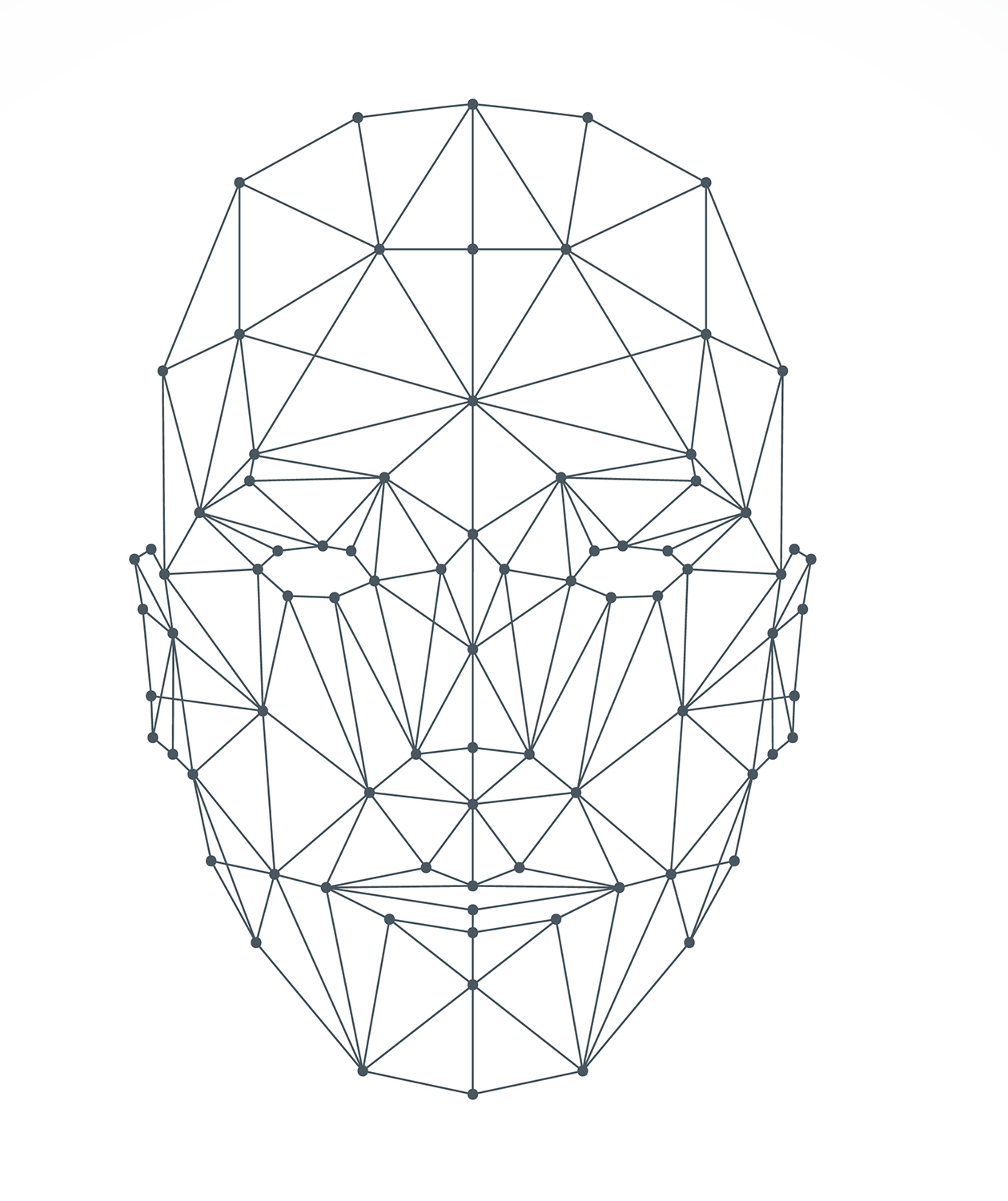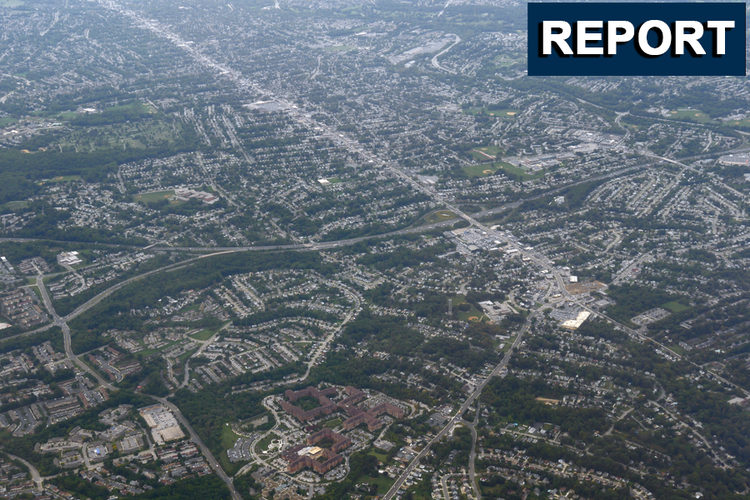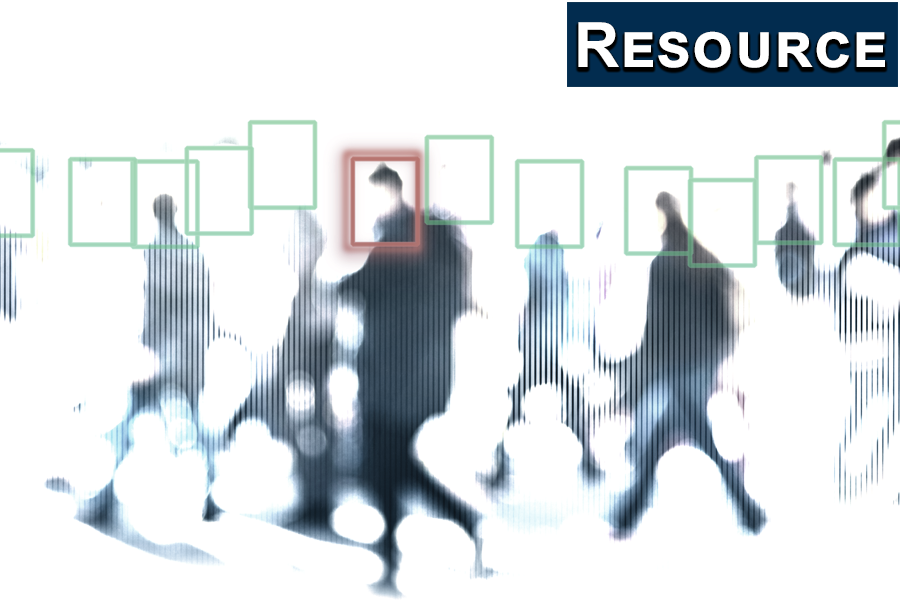Regulating Police Use of Face Recognition Technology – Resources for Legislators
Law enforcement agencies across the country are adopting and using face recognition technology (FRT) without oversight. This unrestricted use has perpetuated racial inequity, led to false arrests, and violates Americans’ privacy. Recognizing these issues, many states and localities are considering regulating this use — yet detailed guidance on what is needed to ensure that regulation delivers meaningful transparency and accountability is lacking.
Based on years of research and conversations with diverse stakeholders — including impacted community members, law enforcement, and technologists — the Policing Project has developed a suite of resources to provide actionable guidance to legislators seeking to address the risks posed by ongoing, unregulated use of this powerful technology. These resources are rooted in our fundamental belief that police use of powerful technologies like FRT should require public approval and proof that these tools deliver proven public safety benefits and do not violate fundamental rights or exacerbate racial injustice.
These resources include:
A legislative checklist for state/local lawmakers that outline minimum legislative requirements needed to support a comprehensive regulatory framework for law enforcement use of FRT.
A legislative checklist for Congress that outlines minimum legislative requirements needed to support a comprehensive regulatory framework for law enforcement use of FRT.

















Working Draft for Public Review